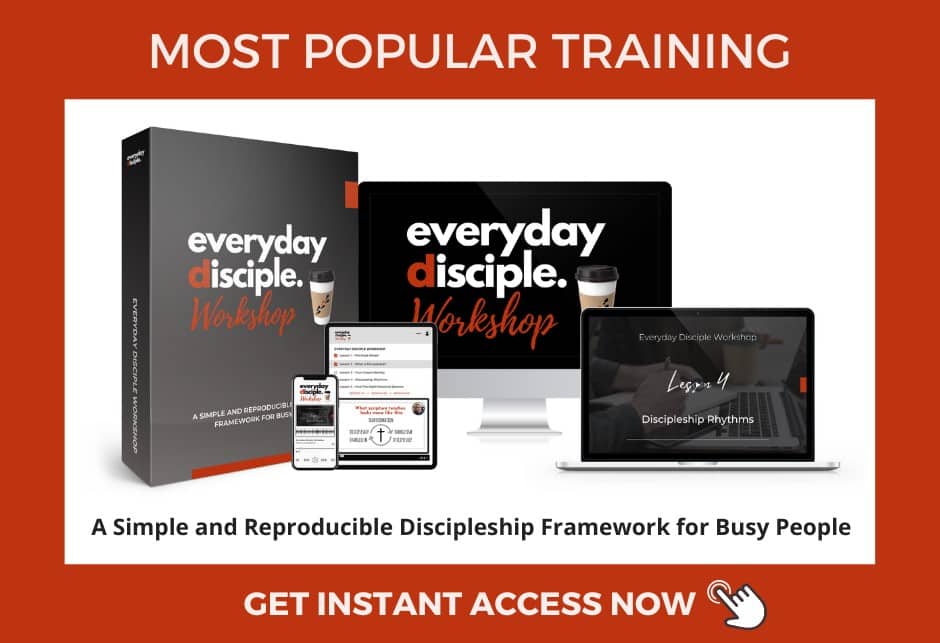Have you ever had someone in your life that you really loved and care for yet there were, or are, aspects of their lives, personality, or choices and preferences that you don’t agree with or want for yourself…or them? Of course! We all have. If you have kids you really know what I’m talking about. Here are a few of the answers I got when I posted this question on Facebook a couple days ago…
My friend Genevieve said, “Isn’t that marriage?”
Eric said, “Yes! We don’t get to say I accept 80% of someone. We are either for them or against. I either love you or I don’t. My wife is holistically for me even though there are plenty of aspects of my character that could use improvement.”
Dana says, “You can love a person without loving every aspect of them.”
And my friend Angela really nailed it when she posted, “I find that when I focus on a person’s inherent worth (by proxy of them being a created being) and their dignity, I can be for them in many, many ways. I also find that so many days I have to “default” to love as my core driving value–not being right, not knowing right, not knowing better. There is so much power in love!”
Good stuff and a good dialogue without everyone freaking out and throwing stones.
It’s a crying shame that in our nation today it is automatically assumed that if we don’t agree with someone’s choices or views that we must be apposed to THEM. Like we are against them as a person. Why? That is not always, and perhaps rarely the case. I think that this is unfortunately at the heart of much of the debate and consternation today surrounding homosexuality, gay rights and now same sex marriage.
You see, my friend was asking his question in the context of the recent Supreme Court ruling in favor of same sex marriage nation wide. And as you know there has been quite the uproar on both sides of this and everyone is weighing in with an opinion. I know some of you are wanting me to come down hard and clear on one side of the issue or the other.
And I will here…I think.
But I want to address a part of the issue that I have heard no one address and I think it is central to what’s really at hand. I think it’s the big deal. But I have to say I do so with a bit of fear. I am afraid to be lumped in with the crazy haters out there. I am afraid of being shunned by my own tribe if they don’t fully agree with what I say. It could happen. And it probably will.
Please, whatever side of these issues you are on know that I am ‘for’ you. I am not against you. I would really love to have this discussion face to face, over a meal or long walk. And know too, that I want, no I need to know your story before I can really have any opinion as it specifically pertains to you and your choices. I don’t have that, so what I am going to say is very general in nature. It has to be. At least for now and in this format.[clickToTweet tweet=”If people disagree or choose different lifestyles than us, it does not make them enemies.” quote=”If people disagree or choose different lifestyles than us, it does not make them enemies.”]
Here goes. As I’ve already said, if people disagree or choose different lifestyles, it does not make them enemies. Our battles in life are not against each other in flesh and blood. Don’t go there. And here is my real issue with this whole debate: I think that most of it misses the point entirely. What we do does not equal who we are. Our choices do not equal our identity. I know that’s the way of this world, but it’s a lie. Our identity comes from something completely different–from someone completely different than us.
A person that chooses to have sex with another person of the same gender is called gay or homosexual. That stems from their actions, preferences or choices. But that is not their identity any more than because I drive a Chevy my identity is “I’m a Chevy” and therefore if you don’t like Chevys or prefer other manufacturers, then we’re against each other. I have been angry in my life but that does not define me. I choose to drink alcohol at times and others do not, but I am not a “drunk”. That is not my identity or who I am. Those are choices. And regardless if you think someones choices are considered sin in the Bible or not, those choices do not define them. Look in the mirror. Do your sins define you? Do other’s disagreements with you define who you are? I sure hope not.
So for me, it doesn’t matter if someone believes that their gender or sexual partners define them, or they believe they were born with those preferences, or if it is someone else trying to label them a certain way, I have to say that all of those are missing the issue behind the issue. All of us need to believe we are created in the image of a loving, gracious and generous God and find our identity in that, as well as let it inform how we see and treat each other. We love others because we are all created in the same image of God!
That’s the real issue. At least as I see it. The next best time to believe the truth about who or what defines our identity is now. God loves all of his kids and so should we. He doesn’t love everything we do, but he loves who we are!
And that’s a big deal.
[Comments from my old website/blog were not carried over to this new one. Please leave your thoughts below.]


